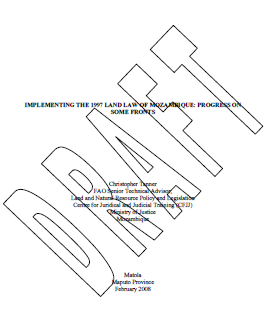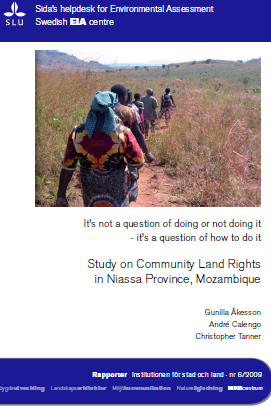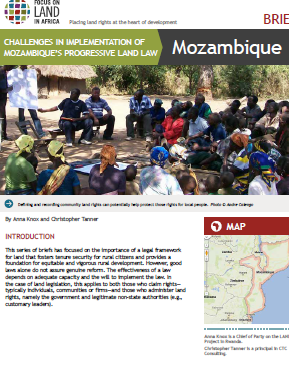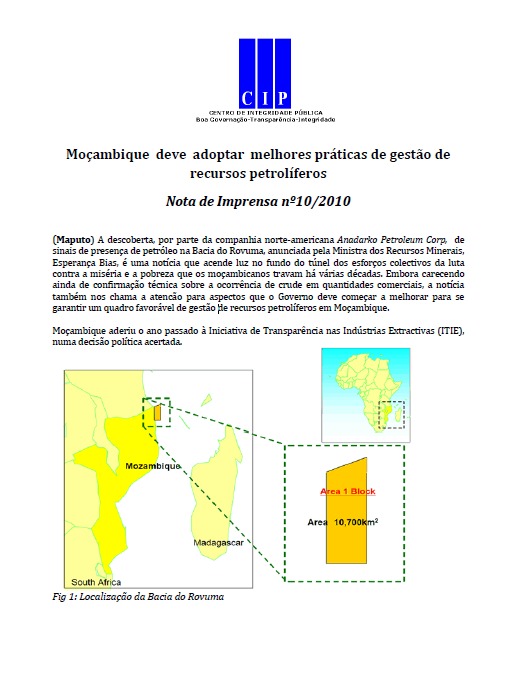Implemetating the 1997 Land Law of Mozambique
this short paper will discuss where things currently stand with the implamentation of the innovative and widely regarded 1997 land law of Mozambique. A recent assessment begens with the upbeat conclusion that significant progress has been made. A decade after its approval by the assembly there are howver many voices calling for a changes. Mozambique is apparantly a very diferent place compared with a vary diferent place compared with the mid 1990s and according to same, now requires a diferrent kind of land law.












